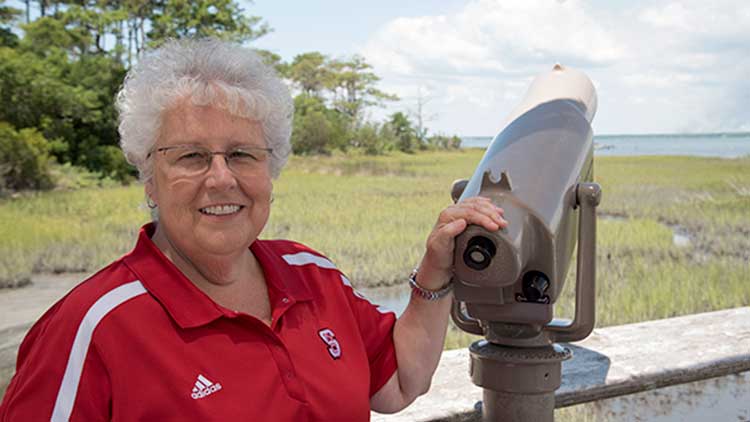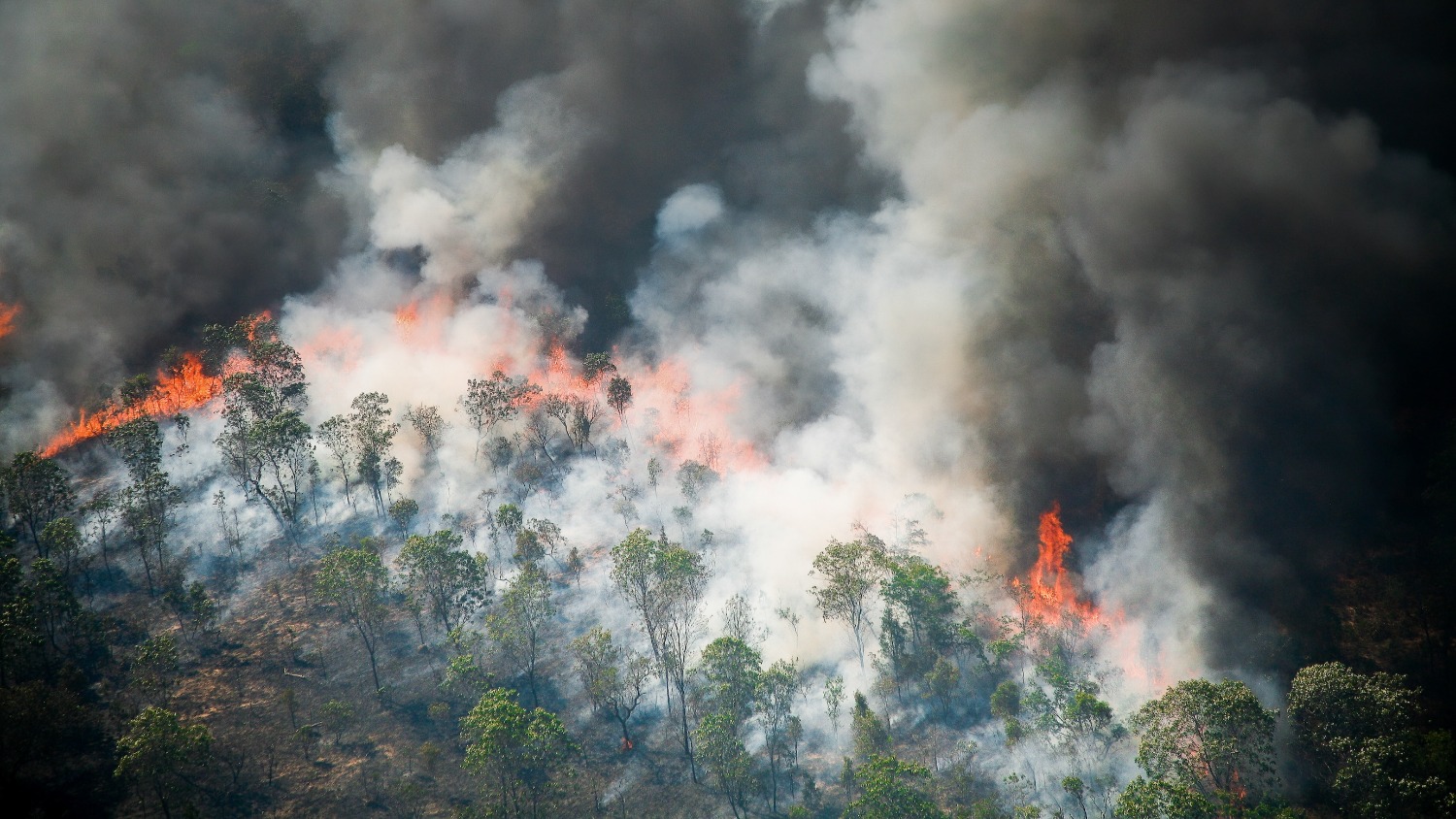An Interdisciplinary Legacy: Dr. Mary Watzin Steps Down as Dean

After seven years of leadership, Dr. Mary Watzin will step down as dean of the College of Natural Resources, effective August 16, 2019.
“Our college has been on a remarkable journey these last seven years, and it has been an honor and a pleasure to serve as dean through this time,” Watzin said. “Our faculty and staff are among the very best on campus. Their collective hard work, along with the support of our alumni and friends, has created phenomenal success. Thank you for all you have done — and continue to do every day — to help us be the very best. I am so very proud of how far we have come, and I have nothing but optimism for the future. As I return to the role of teacher-scholar, one I truly loved for so many years, I hope to continue to contribute to our success. Our future as a college shines bright!”
This fall, Watzin will be on scholarly reassignment within the Office of the Executive Vice Chancellor and Provost, working primarily to coordinate a campus-wide initiative in coastal resilience and sustainability. In spring 2020, she will join the faculty of the Department of Forestry and Environmental Resources while continuing to coordinate the interdisciplinary coastal initiative.
“I am grateful for Mary’s leadership of the College of Natural Resources. She has moved the college in new and innovative directions, positioning it as a global leader in the sustainability and stewardship of natural resources,” Provost Warwick Arden said.
Dr. Myron Floyd, head of the Department of Parks, Recreation and Tourism Management, has been appointed as interim dean starting August 16. A national search for the next dean will begin in fall 2019.

Under her leadership, the college was recognized as the sixth best college in the nation for the study of natural resources and conservation by USA Today. Watzin led significant growth throughout the college, hiring ~60 faculty and staff, including three tenure-track positions supporting the interdisciplinary themes. She also grew the student body by 20%, managed the acquisition of a $78 million timber deed at Hofmann Forest, and launched a $35 million fundraising campaign.
Watzin oversaw the development of the college’s new Environmental First Year Program, the transition of the Center for Earth Observation to the Center for Geospatial Analytics, the incorporation of the environmental science undergraduate degree program into the college, as well as the creation of a Ph.D. in geospatial analytics, a graduate certificate in sport and entertainment venue management, and a graduate certificate in military land sustainability. She enhanced college administration through the launch of new integrated college-wide recruiting, communications and marketing, and advancement programs.
She currently serves on the board of the North Carolina Aquarium Society as well as the executive committee of the National Association of University Forest Resource Programs and as the chair of the McIntire-Stennis communications and branding sub-committee.
Watzin came to NC State after spending 22 years in the Rubenstein School of Environment and Natural Resources at the University of Vermont, as a professor and then dean. She holds a Ph.D. in Marine Sciences from the University of North Carolina at Chapel Hill, and a B.S. in Marine Science from the University of South Carolina. She has received numerous awards and other recognitions for her teaching, research and service, including the Kroepsch-Maurice award for teaching excellence at the University of Vermont, the Teddy Roosevelt Conservation award, and the Ibakari-Kasumigaura Prize recognizing her work with colleagues in Macedonia and Albania on transboundary water management.
Watzin specializes in aquatic ecology and watershed management, with a wide-ranging program of research focused on understanding how human activities influence ecosystem health and how adaptive management can be used to improve environmental outcomes.


